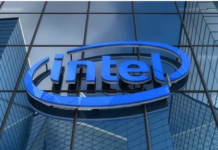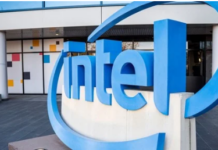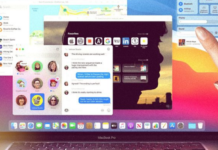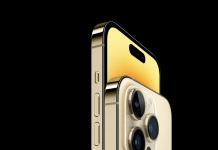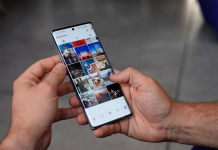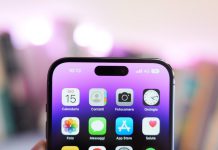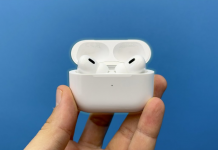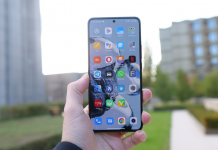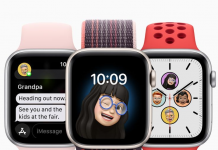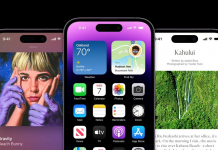The U.S. Department of Justice is reportedly set to sue Apple, for the third time in 14 years, for allegedly preventing competing companies from accessing the hardware and software features of its iPhone, in violation of antitrust laws.
This lawsuit, which Bloomberg reports is expected to be filed in federal court soon, will likely be the culmination of the so-called “investigation of the century” launched in 2019. The Department of Justice, we recall, has already sued both Google and Alphabet for monopolization. The Federal Trade Commission, on the other hand, is pursuing antitrust actions against Meta Platforms and Amazon.
In 2020, an investigation by the U.S. House Judiciary Subcommittee had determined that Apple, Meta, Google, and Amazon held “types of monopolies” similar to those last seen “in the era of oil barons and railroad tycoons” and were guilty of “killing competition by acquiring competitors and favoring and supporting their services by scuttling those of smaller third parties.”
The subcommittee then recommended a new antitrust law, but the Justice Department decided to start with Google, accused of monopoly in the search market and the sale of advertising space, before focusing on Apple as the Cupertino company was already heavily involved in an antitrust lawsuit with Epic Games.
The news of this latest lawsuit comes at a time when Apple is under increasing scrutiny in Europe for alleged anti-competitive behavior. In recent weeks, Apple has been fined €1.8 billion for abuse of a dominant position for preventing music streaming rivals from offering cheaper and more advantageous offers. Apple, for its part, filed an appeal saying that regulators failed to uncover any kind of “credible evidence of harm to consumers.”
As anticipated in the past few hours, the U.S. Department of Justice has launched legal action against Apple for violating antitrust rules in relation to the sale of iPhones. In particular, the US authority accuses the Cupertino company of having violated antitrust laws by blocking rivals’ access to the functions of its devices. The lawsuit was filed in federal court in New Jersey, and the group of attorneys general (16 in all) includes those of California, New Jersey, and Washington DC.
Instead of competing with rivals by offering more affordable services, federal and state law enforcement agencies say Apple has imposed “a changing set of rules and restrictions” to “collect higher fees, hinder innovation, deliver a less secure or degraded user experience, and limit competitive alternatives.” Through such conduct, the Justice Department and the states argue in the complaint, Apple “built and strengthened the moat around its monopoly on smartphones.”
Among the allegations in the lawsuit:
Apple is preventing the successful rollout of what the Justice Department calls “super apps” that would make it easier for consumers to switch from one smartphone platform to another.
Apple blocks the development of cloud streaming apps that would allow you to play high-quality video games without having to pay for additional hardware.
Apple inhibits the development of cross-platform messaging apps so that customers have to keep buying iPhones.
Apple has limited the functionality of third-party smartwatches so that users who buy the Apple Watch face significant out-of-pocket expenses if they don’t continue to buy iPhones.
Apple has prevented third-party apps from offering tap-to-pay functionality via NFC by inhibiting the creation of cross-platform third-party digital wallets.
According to the Department of Justice, Apple’s anticompetitive conduct also affects “web browsers, video communications, news subscriptions, entertainment, automotive services, advertising, location services, and more.”
Apple promptly responded through its own spokesperson, calling this subpoena “a wrong action based on the facts and the law” that it will defend. If the lawsuit is successful, it will “jeopardize our ability to create the technology that people expect from Apple.” This lawsuit also “sets a dangerous precedent by granting the government the power to play a heavy role in designing technology for people.”



